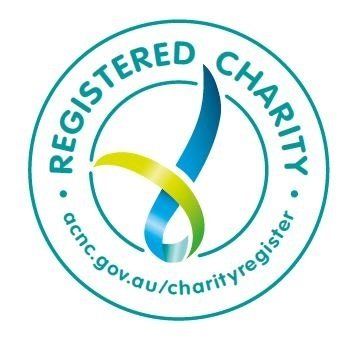There is a growing awareness throughout Australian society of the need to address men’s mental health, however there is still much work to be done.
Despite men and women experiencing mental health issues at similar rates (Australian Bureau of Statistics, 2018), male suicides account for three quarters of all recorded suicides (Australian Bureau of Statistics, 2021). This leaves us with the question; why are men in Australia disproportionality impacted by suicide?

Seeking Support
It is widely accepted that men are not great at talking about their problems or looking to others for support, however this is not necessarily the case.
Social support can be split in to two basic categories; emotional support and instrumental support (Turner, Turner, & Beardall Hale, 2014). Emotional support includes the exchange of empathy and emotional sustenance, whereas instrumental support focusses on finding practical solutions and seeking tangible support from others. Research has shown that women are more likely to seek emotional support and men are more likely to seek instrumental support (Fiori & Denckla, 2012).
So while men may not be reaching out for emotional support or having emotional conversations, they do want to feel better, they are motivated to make change. This difference in the kind of support sought by men and women may go some way to explaining why men have more difficulty coping with mental health issues and have a higher rate of suicide.
Masculinity and Social Roles
Why aren’t men accessing emotional support?
While society continues to move forward and evolve, so too does our understanding of gender roles and their potential harm. Despite this evolution their still remains within society a strong adherence to traditional understandings of masculinity and the role of men;
Men are meant to be strong, dominant and in control; many view emotions such as anxiety, sadness and loneliness as weakness. To seek help for these ‘weak’ emotions, it to admit to being weak themselves.
What can you do to support the men that you care about?
1. Lead by example
While many men may not respond well to being told to seek help from a professional or open up about their mental and emotional issues, when they see other people, in particular other men, benefiting from mental health support they may be encouraged to follow suit.
2. The Messenger is Key
Many men may struggle to accept that needing support is not a sign of weakness, a great antidote to this is a man that they respect that is open and honest about their own mental health struggles. Whether you are modelling this yourself, referring to someone else in their life or even using a public figure that they hold in high regard as an example, this can be a powerful tool to open the door to taking the first step for the men in your life.
3. Be Vulnerable
Rather than presenting the conversation about mental health as an attempt to help them, the man in your life may find it easier to engage in a conversation that is framed around your own vulnerability. You could begin the conversation with an admission of your own emotional concerns, for example; “I’m scared that you don’t seem to be doing well and it makes me sad to see you struggling”. Many people, men included, find it easier to help others rather than themselves and may find it easier to begin a difficult emotional conversation if they are given the opportunity to support someone else.
4. Be persistent (and patient)
It may not be easy to encourage a man to take the first step, you may need to use a combination of these tactics a number of times before he is willing to engage. Remember, he wants to get better and while he may be annoyed by your persistence, it is worth it.
Resources
https://www.beyondblue.org.au/who-does-it-affect/men
https://www.headtohealth.gov.au/supporting-yourself/support-for/men
https://www.betterhealth.vic.gov.au/health/conditionsandtreatments/mens-health
https://mensline.org.au/changingforgood/what-is-changing-for-good/
https://www.blackdoginstitute.org.au/resources-support/digital-tools-apps/headgear/
References
Australian Bureau of Statistics, 2021. Causes of Death, Australia. Statistics on the number of deaths, by sex, selected age groups, and cause of death classified to the International Classification of Diseases.
Australian Bureau of Statistics, 2018. National Health Survey First results [Review of National Health Survey First results].
Fiori, K. L., and Denckla, C. A. (2012). Social support and mental health in middle-aged men and women: A multidimensional approach. Journal of Aging and Health, 24(3), 407–438
Turner, R. J., Turner, J. B., & Hale, W. B. (2014). Social relationships and social support. In Sociology of mental health (pp. 1-20). Springer, Cham.






